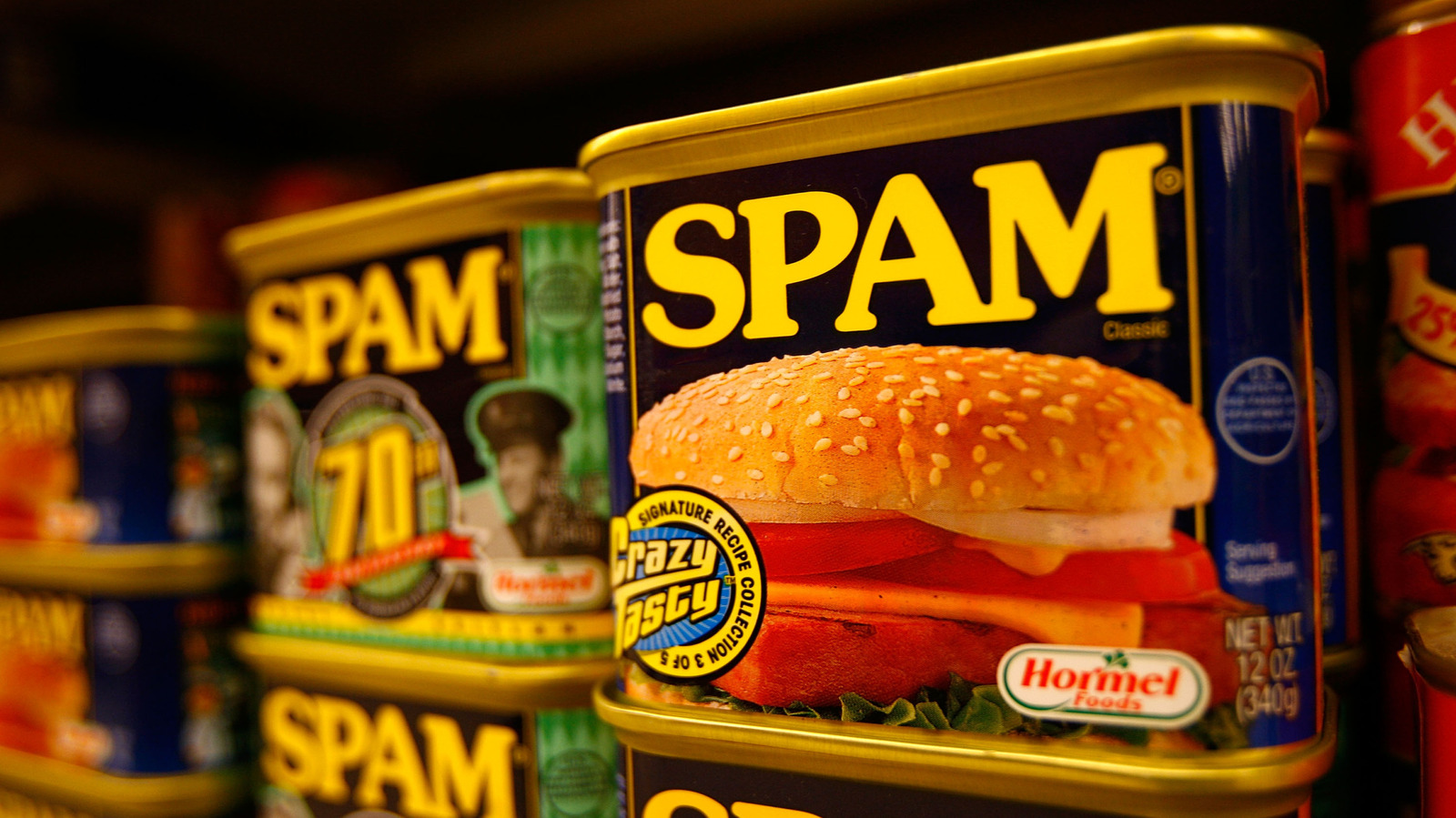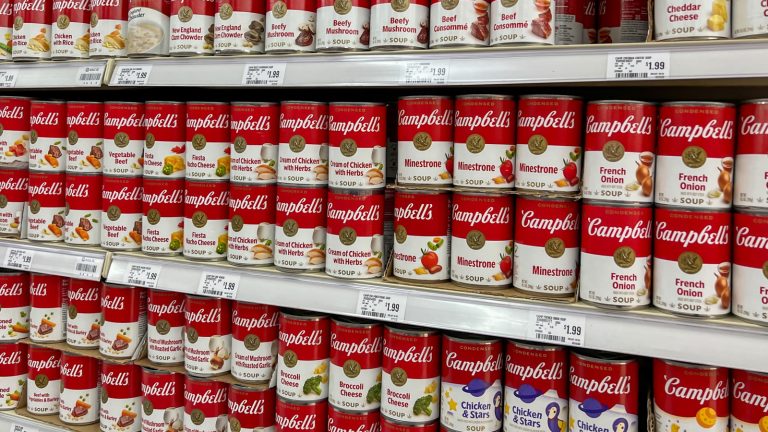It’s generally understood that fresh meat doesn’t keep for long (unless you store it in the freezer, of course), but what about canned meat? After all, the point of canning is to preserve food for much longer, but at the same time, you don’t want to play guessing games about food safety, especially considering that canned goods can carry bacteria that cause botulism.
The U.S. Department of Health and Human Services has an app called FoodKeeper that provides some useful answers. Under the most general “canned meat” category, FoodKeeper suggests that you should eat it within five years after purchase, assuming that you’re storing it appropriately. That means in a dark, cool, place. The same applies for canned chicken. Some types of meat have shorter shelf lives. For canned ham (which includes Spam in its 15 wild and wondrous varieties), it’s six to nine months after purchase. FoodKeeper doesn’t address canned seafood explicitly, but the USDA suggests that it’s the same 5-year period as other meat. (Some might debate whether seafood counts as meat, but that’s a whole other story.)
Once you’ve opened the can, that meat won’t keep. Most meat products (chicken and seafood included) will last just 3 to 4 days in the refrigerator. Opened, refrigerated canned ham will last somewhat longer — 5 to 14 days.
How to tell if your canned meat is okay
Determining whether canned meat is safe to eat can be more difficult than you might assume. For one, canned food should generally last well beyond its “use by” date. However, this only applies if the cans are in good condition. If they’re dented, rusty, or swollen, there may be problems. Bulging or leaking cans are an easy call: This is a sign of botulism bacteria, so throw them away. Dents and rust are trickier. Minor dents and superficial rust on the outside can be fine, but if they’re big or widespread enough, it’s possible that the can’s seal is compromised, and the food might be unsafe.
If your cans are in good shape, but you’re still a bit hesitant, you may need to crack them open to decide if they’re okay to eat. Don’t rely on the sniff test! Botulism doesn’t have a telltale nasty smell or taste. (Although if your canned meat does smell bad, you should still throw it away.) Instead, use your ears. Contaminated canned food sometimes makes a hissing sound when opened, which is caused by gas produced by bacteria. This is also what causes cans to swell. If liquid or food sprays out when you open it, this is another bad sign. Mold is another.






